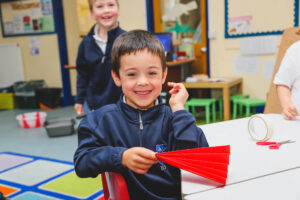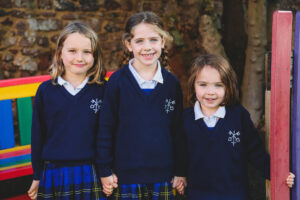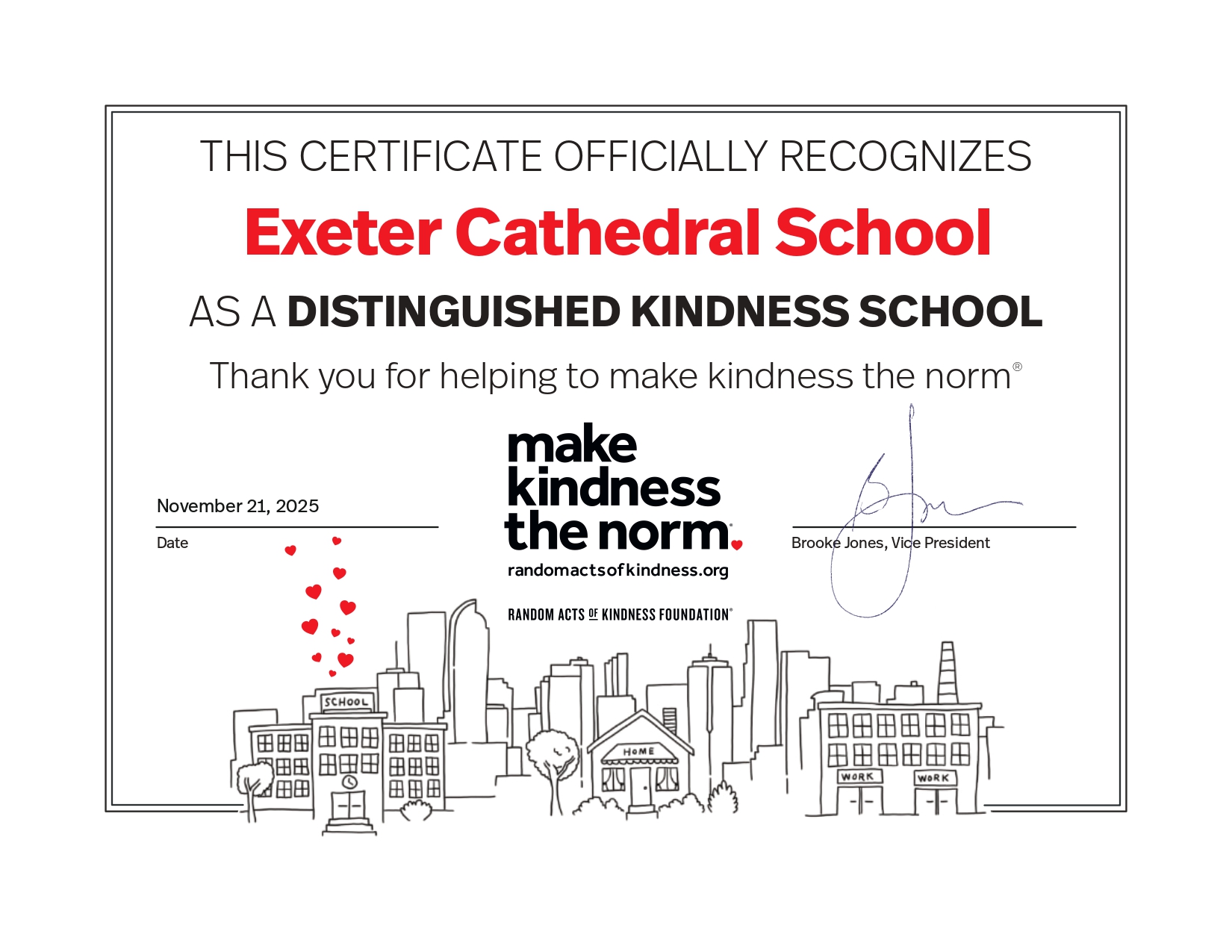Two weeks ago, a friend came to see me, during which he spoke of his being received into the Eastern Orthodox Church, which is giving him new, uplifted hope. He feels that hope already in his responsibilities as a social worker. He also shared with me the work of Thich Naht Hanh, a Vietnamese Buddhist monk and peace activist. In his 80s now, TNH works with the practices of listening and compassion in each moment of the day, which arise out of what’s now come to be known as ‘Mindfulness’. TNH holds Jesus’ teachings alongside the Buddha’s, as the touchstone for living and working for peace, in that Jesus practiced deep listening and compassion. Jesus’ own silent prayer in solitude was about deepening the skill of listening, so that compassion can be ‘radiated’ to whoever he was with.
For me, TNH has been for some time a powerful, but gentle, example of how meditation [the inner work of your life] has only significance when it then engages with the world in its suffering. Mindfulness for its own sake may have some benefits for your health and ‘well-being’, but it’s much more than that. It’s about radiating out from the attentive heart of you, longing to bring compassion and peace to the one right in front of you. Any examination of the four Gospels will see these qualities in the life of Jesus. Out of that deep inner centeredness, Jesus was able to give not only through listening and compassion, but with his life. That, you might say is the heart of Christianity. Following Christ is about listening, compassion and service. Costly, indeed.
As, we come towards the time when Christian’s give attention to the inner life of praying, which is called Lent, leading into to the Passion, you might like to consider giving at least a little time and attention to meditation as a daily practice.
Not that I have any experience of international diplomacy, but TNH has useful advice for diplomats. It was he who encouraged Dr Martin Luther King to identify, not only with the suffering of the black populations in United States’ cities, but also understand the suffering of those who had strong racist attitudes. There are a number of items on YouTube which feature THN, which I can warmly commend to you. In one clip, he speaks of the critical importance in international diplomacy of listening and compassion. Surely, it’s not stretching things too far to see the value of this approach in such circumstances of tension that face us over Ukraine as Russian geopolitical attitude seem threatening as do those responses emanating from NATO. Is much listening going on there? What are the current Russian leaders suffering and do we understand what lies at the heart of these attitudes. Then it might be possible to articulate a compassion and raise the hope of a glimmer of peace. Of course, this starts by practicing it among my own relationships!
When anyone, including a country feels threatened, careful and measured behaviour is at risk. Whereas, listening and gaining understanding can demonstrate a humility [the strongest inner practice!] that can be so creative.
All this is costly, of course. But that’s the journey I’m called to be on and perhaps that’s true for you. And as your children are part of Exeter Cathedral School, one of the dynamics that is taught is the art of deep listening, so that compassion is shown and lived. After all, their word compassion comes from the Latin word: ‘compassio’ – ‘com’ meaning ‘with’ and ‘passion’ to suffer or suffering.
I’ve written about meditation before, but in order that you might have a different angle on it, may I recommend Thich Naht Hahn’s talks on YouTube. One of his best read books is called ‘Living Buddha – Living Christ’. It’s simple and affective. Another resource you might find useful is the Mark Williams app [for Android and iPhone] on Mindfulness. The simplest way to start is sit down in a reasonably comfortable upright chair, and after you’ve spent some brief time in physical stillness, just watch your breathing for a few moments – that brings you into ‘this’ moment – mindfulness.
Best wishes and every blessing,
Bishop Martin
School Chaplain







